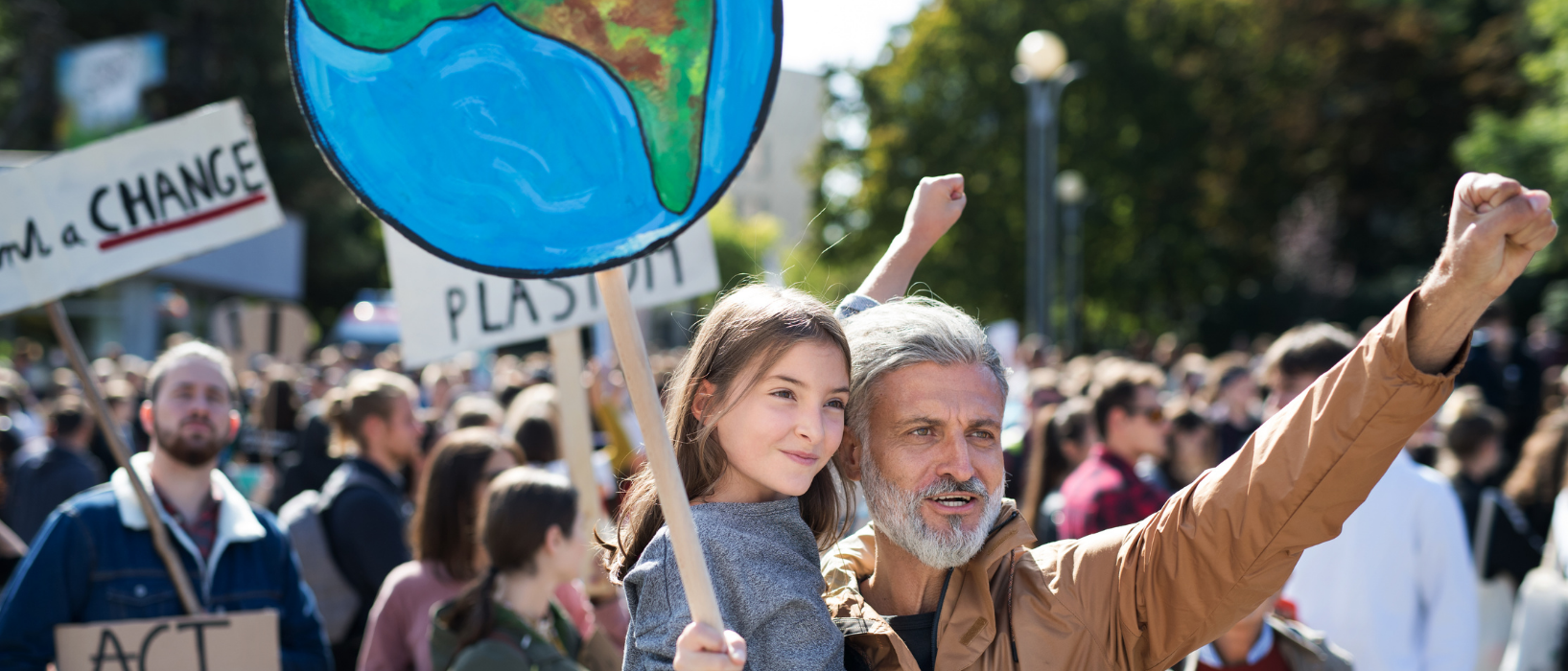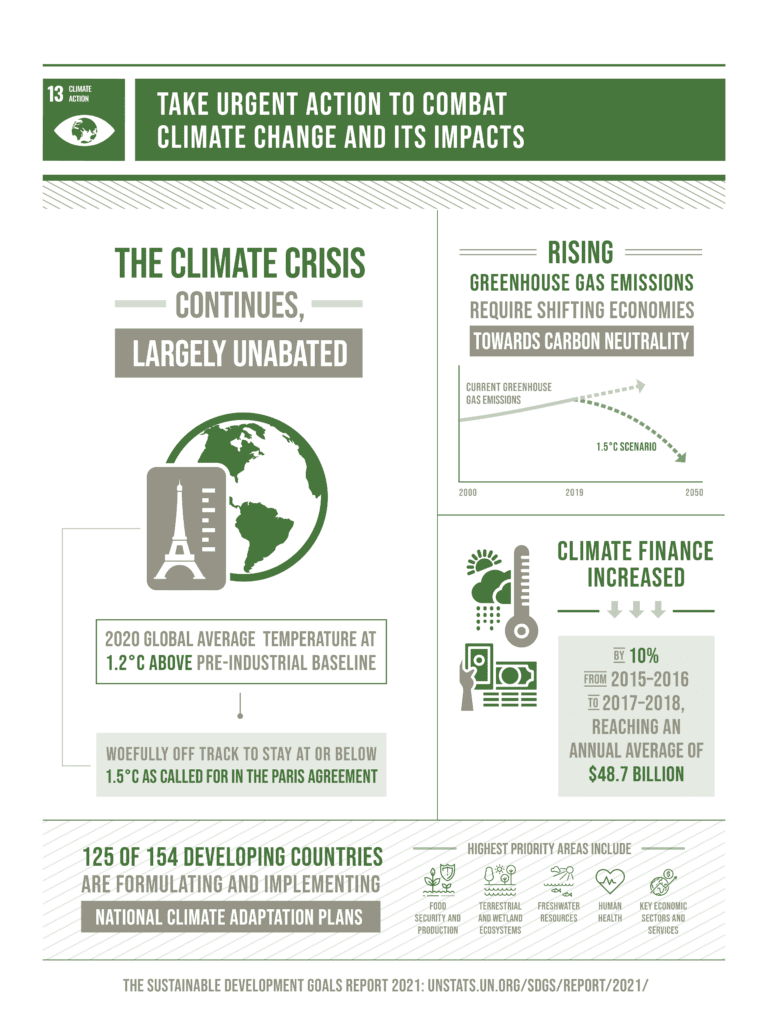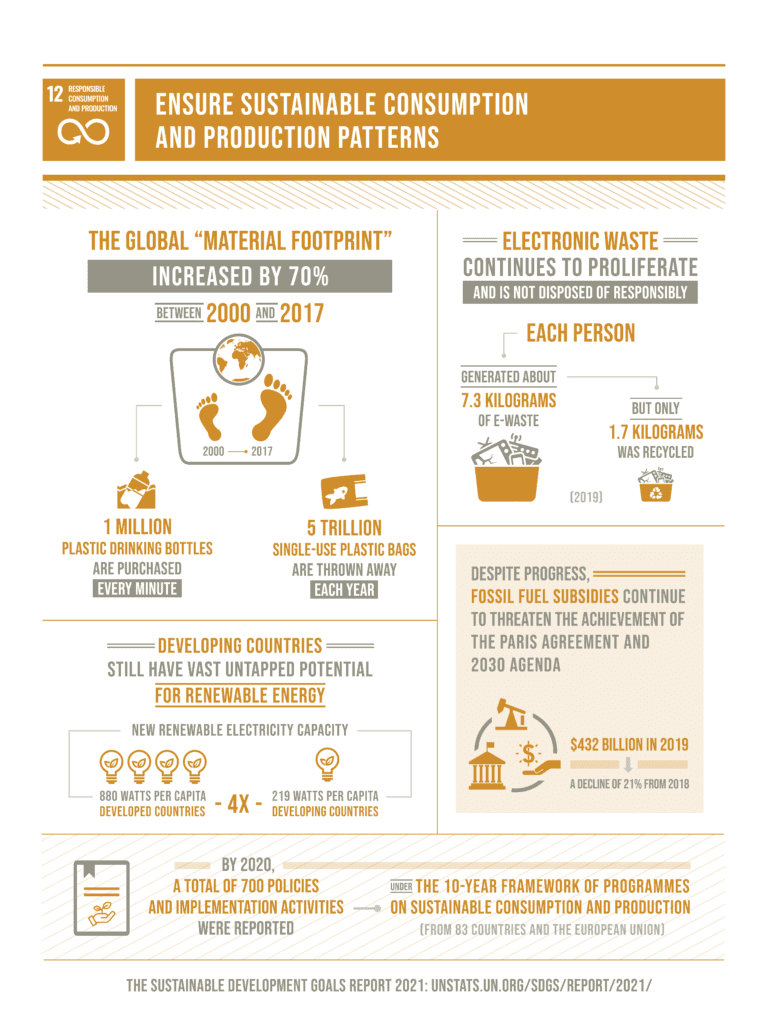
COP26 is underway, and world leaders are currently gathering in Glasgow to take urgent action on climate change, which is what today’s Sustainable Development Goals are all about.
Goal 13, to combat both climate change and its impacts, affects every country, every continent, and all of the other Sustainable Development Goals.
2019 was the warmest year on record and the end of the warmest decade ever recorded. As weather patterns change, weather becomes more extreme, and sea levels rise, it is more important than ever that the world works together to take action on this issue.
According to the latest climate science, global emissions need to be cut by 45% by 2030 and net-zero reached by 2050 if we are to keep warming below 1.5°C.
This is why we have seen a number of countries make this pledge and is what we hope will be achieved from the discussions taking place now at COP26.
Reaching net-zero will mean serious investments in green technology, a transition to a green economy, and, of course, cooperation between nations.
Goal 11 is also closely related to climate action, aiming to make cities and other human settlements resilient and sustainable.
This is becoming increasingly important and the world becomes more urbanized. Cities and other metropolitan areas fuel economic growth, contributing to around 60% of global GDP. However, they also account for 70% of global carbon emissions and around 60% of resource use.
Rapid urbanization doesn’t only affect the environment, either. It also results in inadequate and overburdened services and, in the past two years, contributed massively to the spread of Covid-19 with over 90% of cases occurring in urban areas.

To achieve both of these goals, we also need to focus on Goal 12; to ensure sustainable consumption and production patterns.
Like our cities, global consumption and production drives the economy but likewise has a devastating impact on our environment.
As the world progresses economically and socially, our resource use has skyrocketed and the way we consume is unsustainable, endangering our planet and everything that lives on it.
In fact, if the global population were to reach 9.6 billion by 2050 (not an unlikely figure), we would need the equivalent of three planets to provide the natural resources needed to sustain us.
There have been efforts to fix this problem. In 2020, 83 countries shared information on their progress towards this goal, with 136 policies and 27 implementation activities reported.
While these actions have improved resource use efficiency in specific areas and industries, it has not yet resulted in widespread change.
The good news is that the Covid-19 pandemic has offered countries the opportunity to build recovery plans with sustainability at the heart of them.
Of course, this is no easy task. It will involve decoupling economic growth from environmental degradation, increasing resource efficiency, and promoting sustainable lifestyles.
If done, however, it will massively increase our progress towards solving climate change and has the potential to decrease poverty rates substantially.

Solving climate change will be done through global effort, and not just on the part of world leaders and governmental organizations.
Change can take place even at the individual level by making small changes to cut your own personal emissions. As a consumer, it’s about reducing the amount you purchase, and for what you do buy, making sure that it’s sustainably sourced.
You could take an interest in activism in your local area, such as taking part in projects to protect and improve your local environment, or making sure local officials are moving towards greener transport systems.
Businesses can have even more of an impact. Not only do they produce more carbon emissions than individuals but they also play a more crucial role in consumption and production.
Even small changes in a business can have a large impact and, because of this, they have a responsibility to the planet to adapt. This also benefits them in the long run as consumers become more environmentally aware and look for companies making an impact.
Moreover, innovation in business and new design solutions can enable and inspire individuals to take action themselves and lead more sustainable lives.
This can be difficult as little guidance is given on how exactly to achieve ‘net-zero’ or even generally become more sustainable.
That’s why Play it Green helps individuals, businesses, and events such as sports games, become climate positive with our three-step solution.
Our members help repair the planet through deforestation, reduce their footprint with weekly tips and discounts on sustainable products, and regive 10% back to a good cause of their choice.